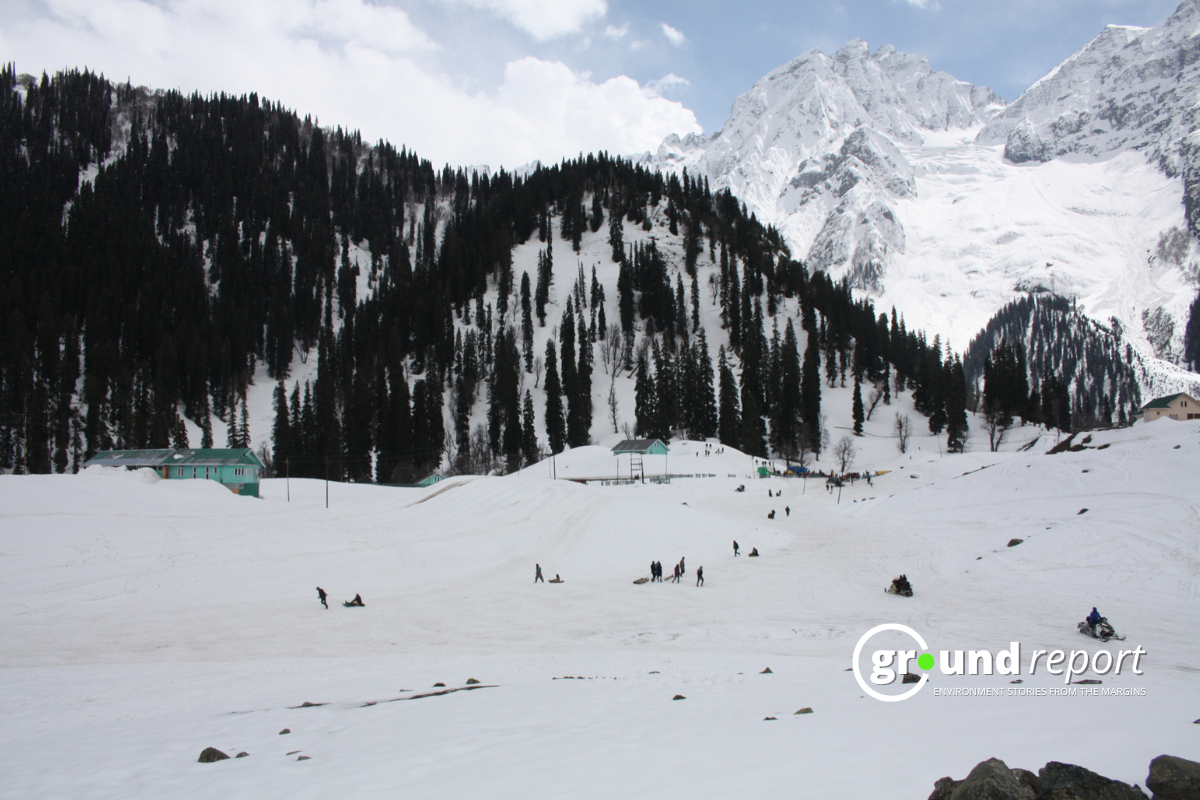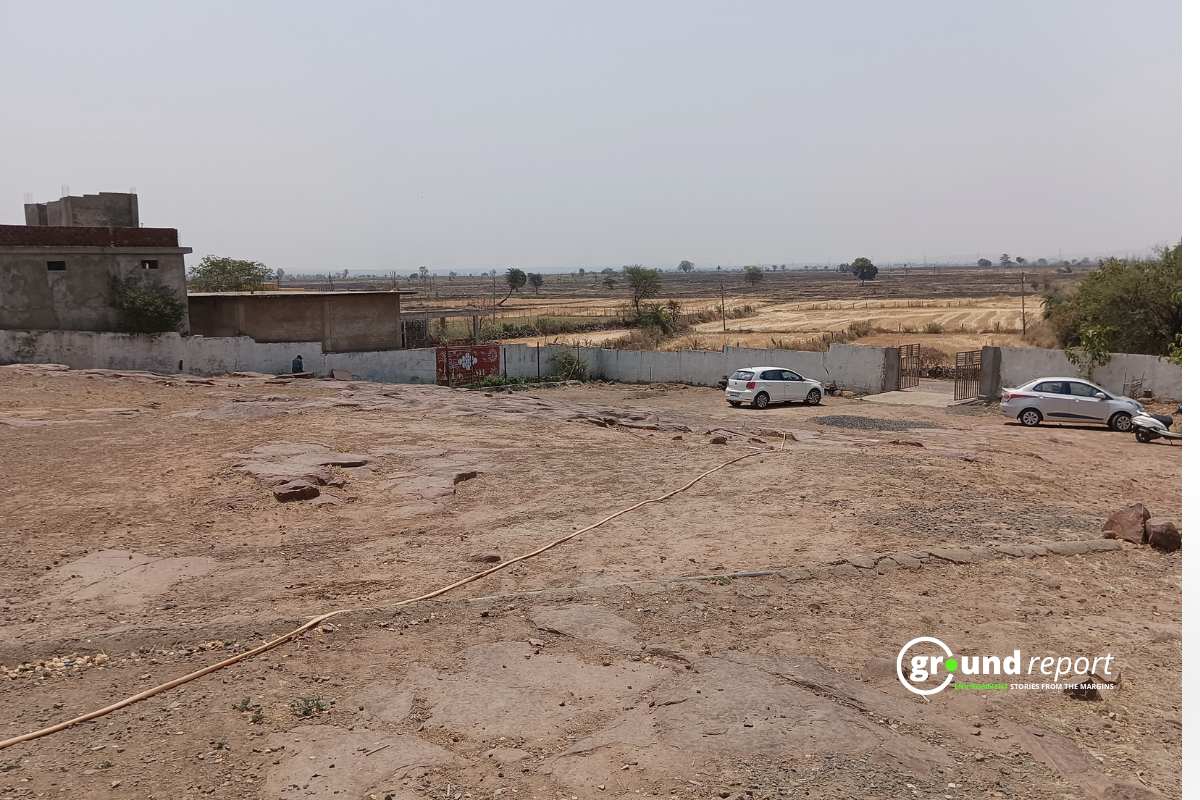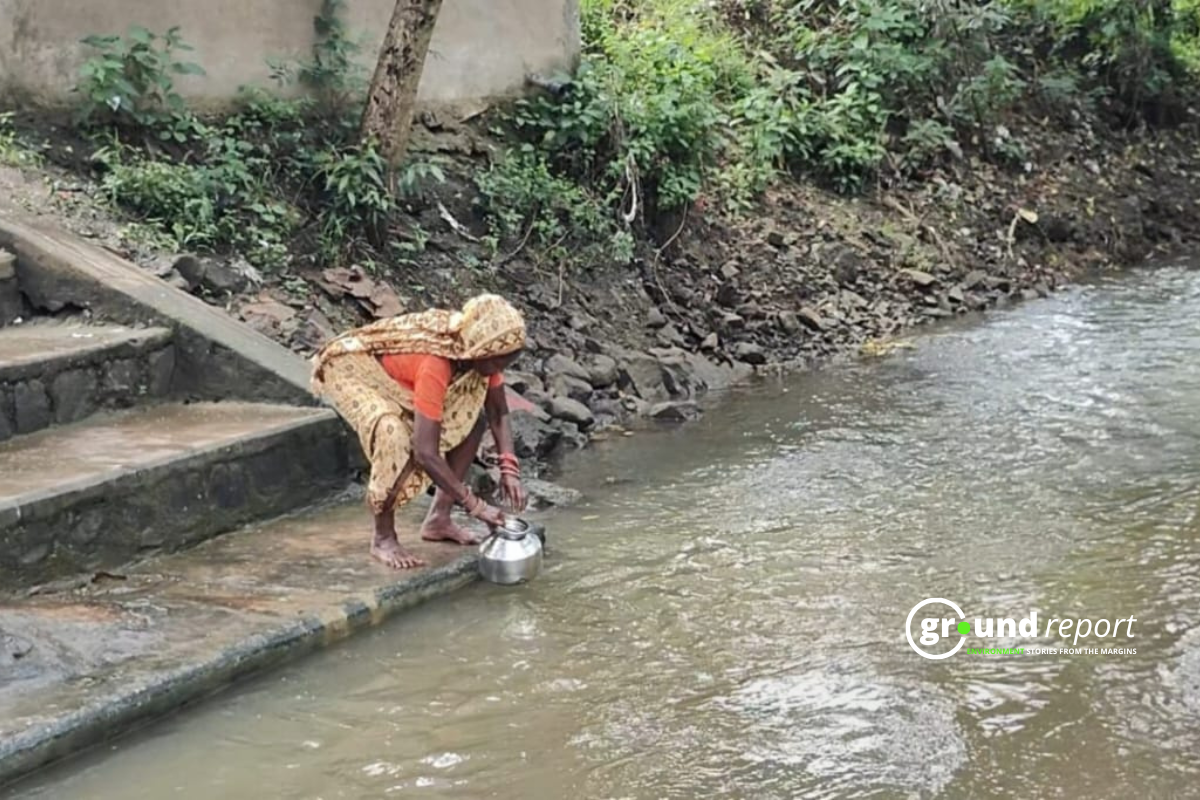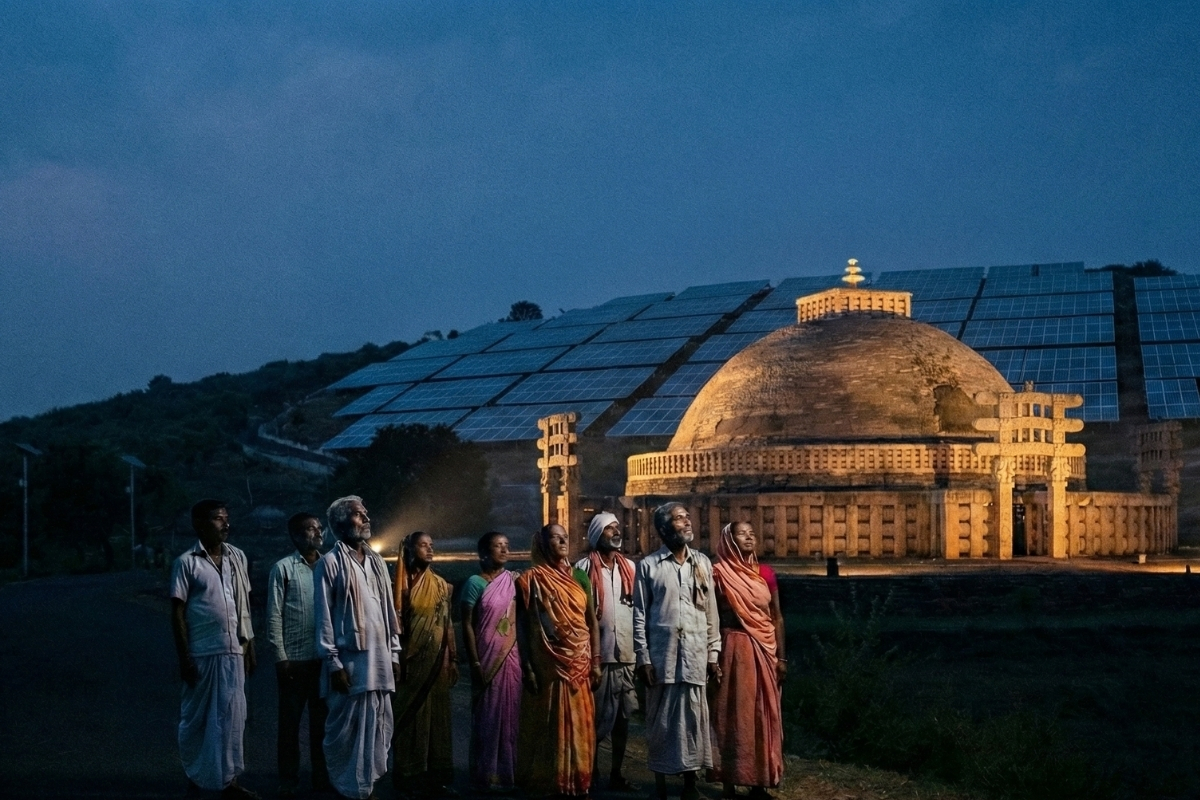- Climate change is increasing water demand in agriculture, potentially exacerbating India’s groundwater depletion crisis.
- A study in Science Advances reveals that rising temperatures are driving Indian farmers to intensify groundwater usage for irrigation.
- Groundwater depletion rates could triple by 2080, threatening food and water security for over one-third of India’s population.
- Despite anticipated precipitation increases and reduced irrigation, groundwater tables may continue to fall.
- The study underscores the need for urgent measures to address groundwater depletion, as it poses significant challenges to India’s long-term sustainability in agriculture and water resources.
Climate change could lead to increased demand for water in agriculture, which may force Indian farmers to use more groundwater for irrigation. This could worsen the already critical groundwater depletion problem in India, a hotspot for groundwater loss.
Groundwater depletion triples, threatens India’s security
A study paper published in Science Advances found that farmers are intensifying groundwater withdrawals in response to rising temperatures, which could triple groundwater depletion rates by 2080. This poses a significant threat to India’s food and water security, potentially affecting over one-third of its 1.4 billion population and global food supplies.
The authors noted that the situation can occur despite the projected increases in precipitation and possible decreases in irrigation use as groundwater tables fall.
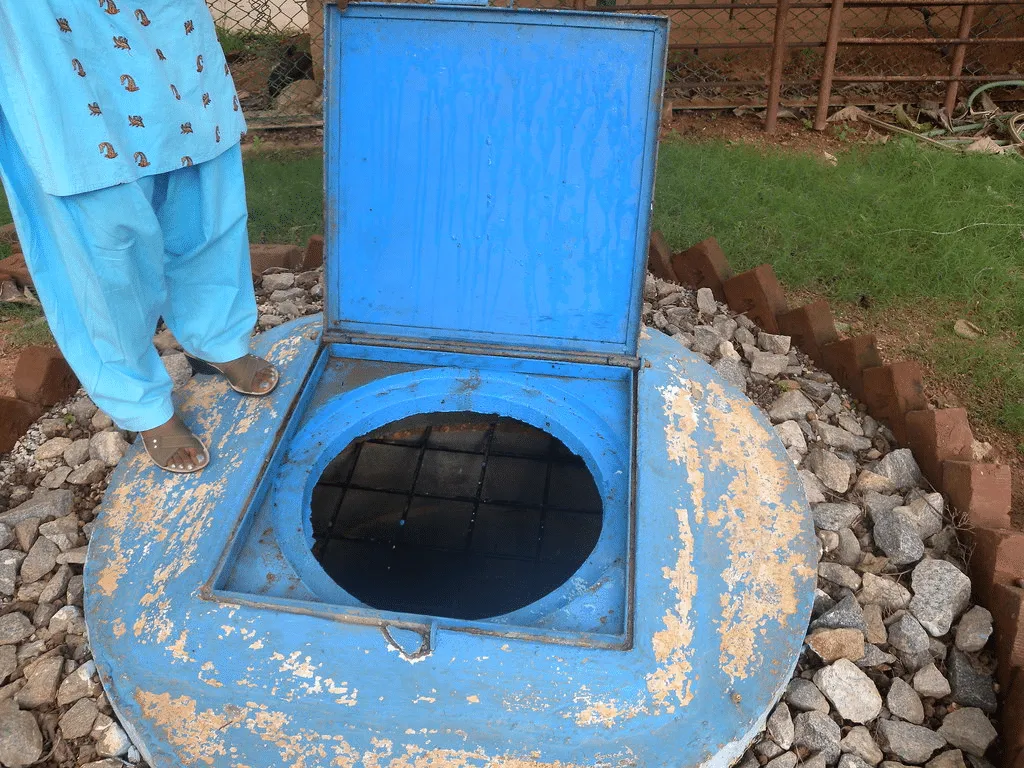
The report predicted that if warming continues unchecked, groundwater depletion rates could triple in the future. This is concerning because over 60% of the country’s irrigated agriculture relies on groundwater, and some parts of India are already experiencing significant groundwater loss.
“We have found that farmers are already increasing irrigation use in response to warming temperatures, and this is an adaptation strategy that previous projections of groundwater depletion in India have not taken into account,” said Meha Jain, assistant professor at the university’s school for environment and sustainability.
Climate change accelerates India’s groundwater depletion
A recent study warns that India’s groundwater depletion is accelerating due to farmers increasing their groundwater use for irrigation in response to rising temperatures caused by climate change. The researchers project that groundwater loss rates from 2041 to 2080 could be 3.26 times the current rates on average, depending on climate models and scenarios. While increased irrigation helps mitigate crop water stress, it leads to groundwater depletion, threatening long-term irrigation sustainability. This unquantified cost of adapting to warming temperatures could jeopardize India’s food and water security.
Historically, farmers have accessed groundwater easily, resulting in overexploitation. To address this, the study recommends policies such as rationing electricity, metering usage, regional water resource management, rewarding groundwater recharge, and reducing energy subsidies. Implementing water-saving technologies and cultivating less water-intensive crops is also suggested.
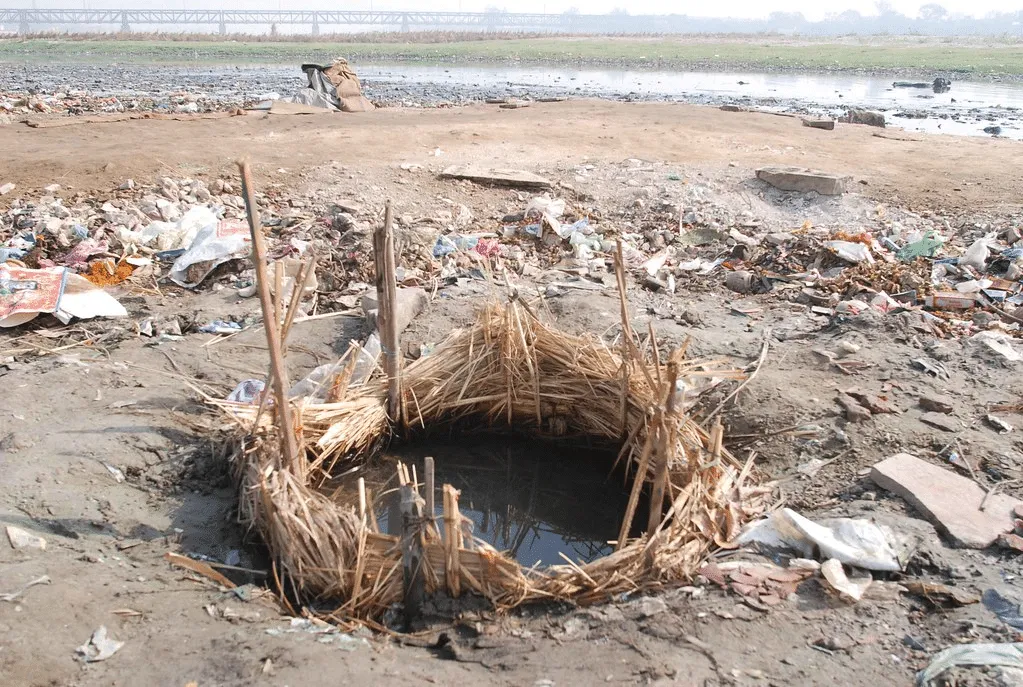
Without such measures, groundwater depletion rates may accelerate under climate change. The study cautions that overexploitation might extend to encompass southwest, the southern peninsula, and central India by 2050, despite its current concentration in northwest and south India.
This expansion poses greater challenges as south and central India have less rechargeable hard rock aquifers compared to northwest India’s alluvial aquifers.
Study examines groundwater, climate, adaptation, impacts
Nishan Bhattarai, the lead author from the Department of Geography and Environmental Sustainability at the University of Oklahoma, formerly worked as a postdoctoral researcher in Jain’s lab. The study examined historical data on groundwater levels, climate, and crop water stress to detect recent changes in withdrawal rates due to warming.
Researchers also used data from 10 climate models to predict future groundwater loss rates in India. Previous studies looked at how climate change and groundwater depletion individually affected crop production in India, without considering how farmers might adapt through changes in irrigation.
According to Bhattarai, their model estimates indicate a troubling trend. If warming temperatures persist without intervention, groundwater depletion rates in the future could triple. This alarming scenario could extend the depletion hotspots from the current concentration in the northwest and south India. These depletion hotspots could potentially spread to regions in the south and central parts of the country.
The absence of measures to conserve groundwater exacerbates India’s existing groundwater depletion problem. Consequently, this situation poses a significant and pressing threat to both food and water security, especially in the context of climate change.
Previous research indicated that climate change might reduce Indian crop yields by up to 20% by mid-century. Simultaneously, the country’s groundwater is rapidly depleting, primarily due to irrigation demands.
The research team gathered data on groundwater depth from thousands of wells across India, along with high-resolution satellite data measuring crop water stress and records of temperature and precipitation. They discovered that rising temperatures, along with decreased winter rainfall, counteracted any benefits from increased monsoon rainfall, resulting in faster groundwater depletion.
Keep Reading
Part 1: Cloudburst in Ganderbal’s Padabal village & unfulfilled promises
India braces for intense 2024 monsoon amid recent deadly weather trends
Support us to keep independent environmental journalism alive in India.
Follow Ground Report on X, Instagram and Facebook for environmental and underreported stories from the margins. Give us feedback on our email id greport2018@gmail.com.
Don’t forget to Subscribe to our weekly newsletter, Join our community on WhatsApp, and Follow our YouTube Channel for video stories.

